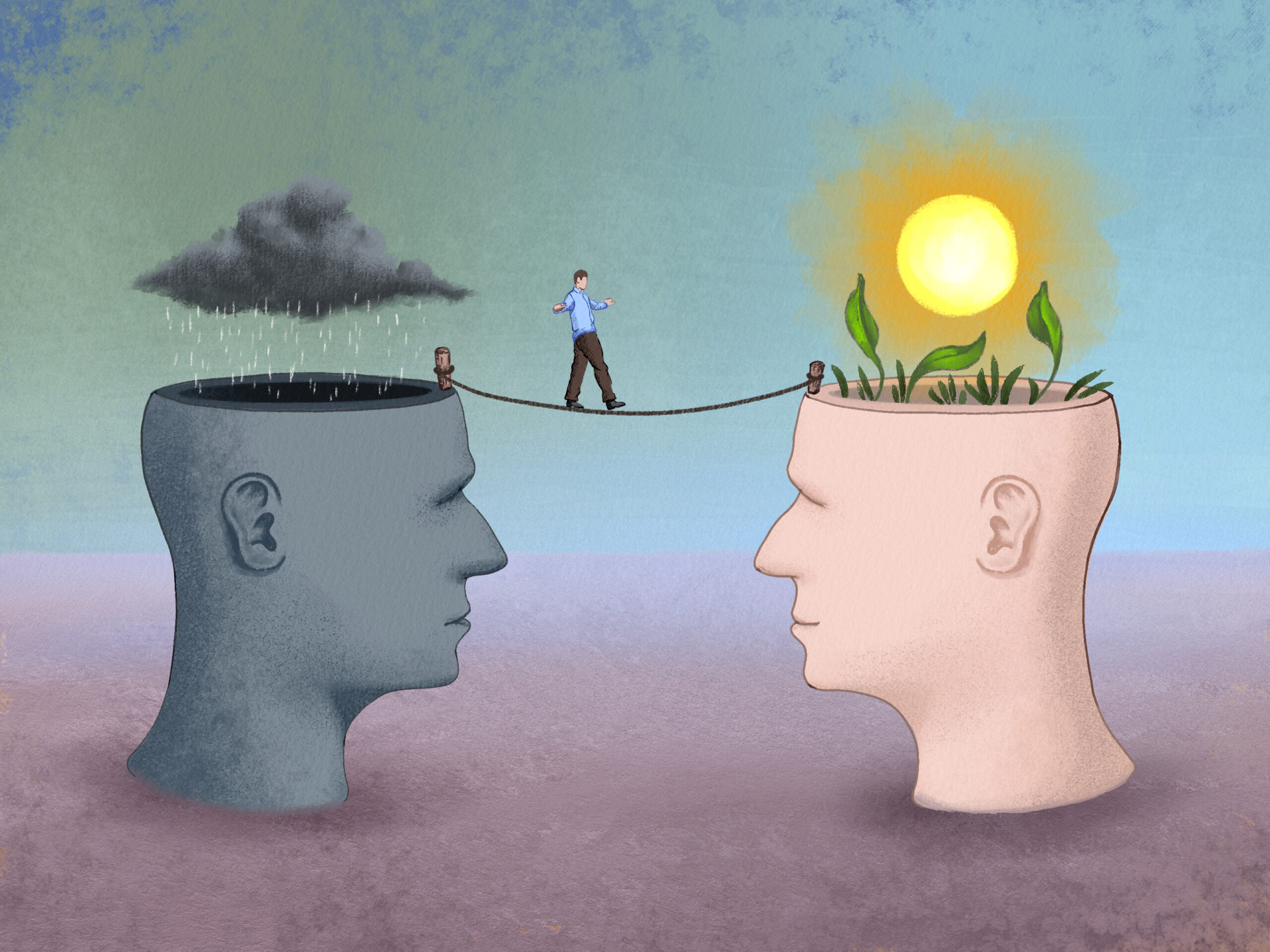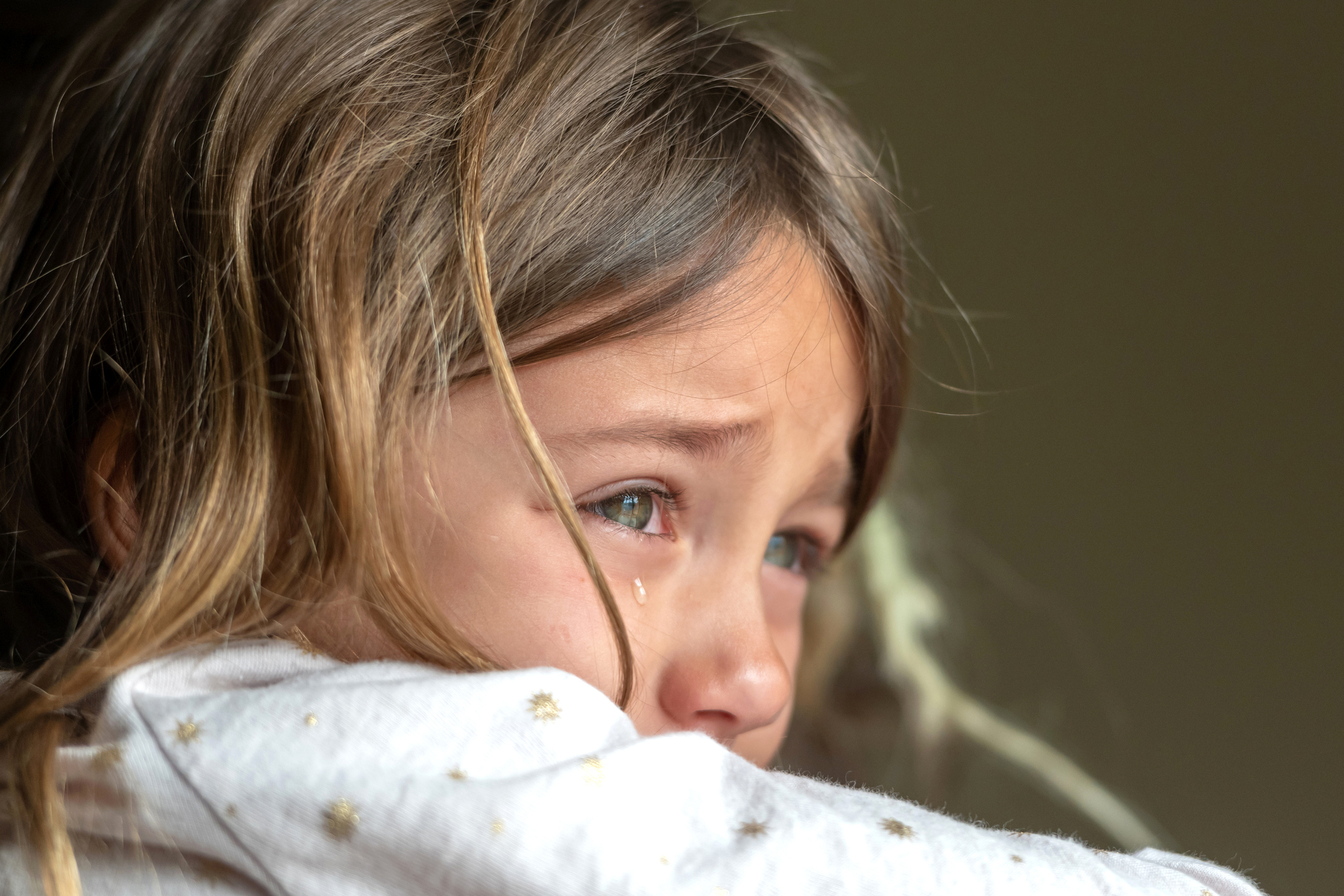From infancy through adolescence, the body’s biology develops. A normal biological function is partly determined by environment. When a child grows up afraid or under constant or extreme stress, the immune system and body’s stress response systems may not develop normally. Later on, when the child or adult is exposed to even ordinary levels of stress, these systems may automatically respond as if the individual is under extreme stress. For example, an individual may experience significant physiological reactivity such as rapid breathing or heart pounding, or may “shut down” entirely when presented with stressful situations. These responses, while adaptive when faced with a significant threat, are out of proportion in the context of normal stress and are often perceived by others as “overreacting” or as unresponsive or detached.
Stress in an environment can impair the development of the brain and nervous system. An absence of mental stimulation in neglectful environments may limit the brain from developing to its full potential. Children with complex trauma histories may develop chronic or recurrent physical complaints, such as headaches or stomachaches. Adults with histories of trauma in childhood have been shown to have more chronic physical conditions and problems. They may engage in risky behaviours that compound these conditions (e.g., smoking, substance use, and diet and exercise habits that lead to obesity).
Complexly traumatized youth frequently suffer from body dysregulation, meaning they over-respond or under-respond to sensory stimuli. For example, they may be hypersensitive to sounds, smells, touch or light, or they may suffer from anaesthesia and analgesia, in which they are unaware of pain, touch, or internal physical sensations. As a result, they may injure themselves without feeling pain, suffer from physical problems without being aware of them, or, the converse – they may complain of chronic pain in various body areas for which no physical cause can be found.






